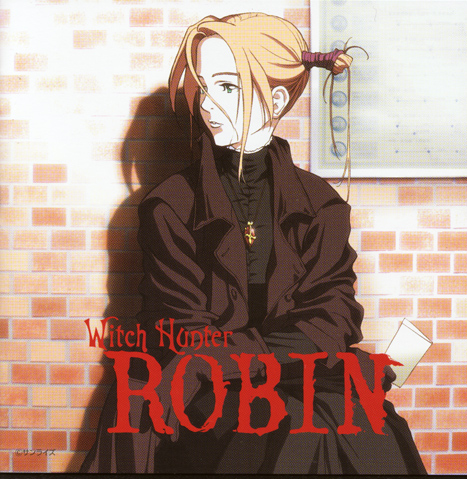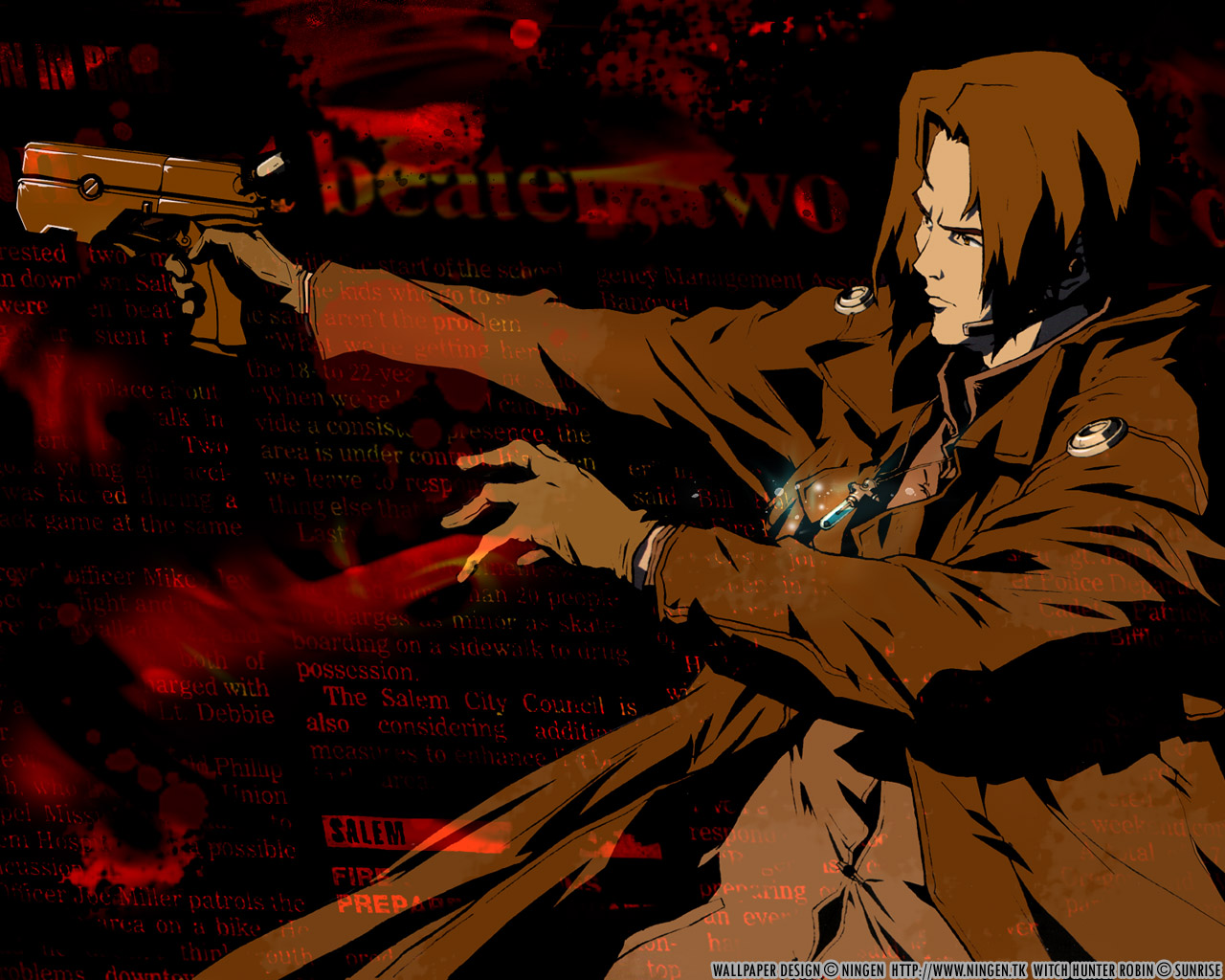Writer: Takehiko Inoue
Director: Nobutaka Nishizawa
Production House: Toei Animation
Review Type: Anime
Status: Completed
Genre: Comedy, Sports
Vintage: October 1993-March 1996
Episodes: 101

Synopsis
Slam Dunk is a tale that revolves around our protagonist Sakuragi Hanamichi, who starts out as a high school delinquent and a social outcast, who is also the leader of his own gang of punks. Sakuragi is extremely unpopular with the girls, even holding the record of being rejected 50 times in a row, and this is probably due to his unnatural size and height for a normal Japanese high-schooler and his equally unnatural red hair. He then meets Akagi Haruko, whom he decides is the girl of his dreams, and probably the only girl not afraid of him.
Haruko then instantly notices Sakuragi's advantage in size and height, and introduces him to the Shohoku (name of his high school) basketball team. Sakuragi was initially uninterested to join, given his own opinion of basketball being played by losers (and also due to the 50th girl rejecting him for a basketball player), and also because he had absolutely no background in any sports. Despite Sakuragi's belligerent temper and immaturity, proved himself to be a natural athlete and full of potential, subsequently joining the team in the hopes of winning Haruko's heart. One person stood in his way however, a player named Rukawa Kaede, whom Sakuragi instantly recognizes as his bitter rival both on and off the court (due to Haruko's gigantic crush on him), who is a star rookie and heart throb that joined the team at the same time as Sakuragi. Soon after they are also joined by point guard Ryota Miyagi (whom Sakuragi quickly gains an affinity with due to both of them being constantly rejected by girls), a short and fast player, and Hisashi Mitsui, who was an ex-junior high school MVP but stopped after running with a bad crowd. Together the four of them make up the Shohoku starting team along with their captain Akagi Takenori, and sets off on completing Akagi's (who is also Haruko's elder brother) dream of winning the inter-high school championships. Together the five of them gain more publicity and exposure as they got better, and the once unknown Shohoku basketball team gradually gains notoriety to become an all-start contender in Japan.

Chibi's Slam Dunking Comments
Ah, Slam Dunk. The mere mention of the anime brings a smile to my face and brings back so many fond memories of the series as well. This was perhaps THE standard to all aspiring sports animes out there, and before it the title was probably held by the horrendously horrible Captain Tsubasa (the most illogically corny sports anime I've ever seen), which makes Slam Dunk in a whole different league when comparing the two.
What can I say about this series? I had seen the posters and a few of the merchandise that spawned during and after the anime's run (though I'm still hoping for them to make action figures of the Shohoku team) when it first came out way back in '96, but it was during my long break from anime and I never really paid any attention to it. Fast forward about 8 years on and I managed to catch a few episodes that was showing on AXN's anime slot back then (this was before we were blessed by the arrival of Animax) and it piqued my interest a little. So I decided to check it out.

What had seemed like an interesting way to pass the time rapidly became an obsession, and the series quickly turned into one of the most enjoyable and entertaining animes I've had the privilege to watch. Humor, basketball skills, fighting, character development, an engaging plot, Slam Dunk delivers in all departments with brilliant execution. I might even dare say that Slam Dunk in a sense is way more entertaining than the NBA seasons of late (take that basketball fans!). Much like most other anime classics in the past, Slam Dunk will leave a lasting impression on you, and this is probably due to the fact that this anime doesn't really take itself too seriously, and the fun factor as a result just shoots through the roof (it still is one of the most hilarious animes I had ever seen, comparable to Gintama).
Slam Dunk combines humor, gang fights and basketball, which is a pretty odd combination, but somehow pulling it off very well. The magic of the series is that whatever it sets out to do, it achieves its goal in spades. When the time calls for some humor, you are almost certainly guaranteed to be rolling around in laughter. When it's time for some really serious moments, things can get pretty ugly and you'd be at the edge of your seat just waiting in anticipation. But when it comes to basketball that Slam Dunk is really in a class of its own. The games that the Shohoku team play on their way to the nationals are extremely nail-biting stuff, with special attention given to detail that makes each game so unique and real. Normally from sports anime it's almost a given that moves are over-exaggerated and highly unlikely to happen even once, yet it happens consistently, but fortunately Slam Dunk went the totally opposite way. There are some fancy moves being made, but the difficulty to execute it are so incredibly difficult that very rarely you'll see it happening, much like how it is in a real basketball game. There's also a lot of variety, which is pretty surprising since the series is only 101 episodes long. Each game poses different levels of difficulty and obstacles unique to the team Shohoku is facing, and we get to see which player will provide the key to overcoming them (hence, teamwork, and not heavily reliant on Sakuragi to pull them through, unlike Tsubasa).

Now I once asked myself, how much plot can an anime about basketball actually have? Well, quite a lot actually. As with other shounen fare, there's always a back-story leading up to it's pivotal event, and Slam Dunk follows this principle in the sense that before each game in the series has a story behind it as well. Regardless of whether the back-story involves an individual player, the team, or even the team's coach, each game is different from the other. Some of the back-stories of the characters are genuinely tragic (hard to believe but it's pretty similar to real life as well don't you think), and would most certainly tug at your heartstrings. Slam Dunk is a series with some interesting twists, with the real downside perhaps is the fact that the manga continues a little longer after the anime's end, but one thing that is certain that you'll enjoy the ride every step of the way.
In conclusion, Slam Dunk probably goes into the category of some animes like Gurenn Lagann, G Gundam, Cowboy Bebop, Hajime No Ippo, Heroic Age etc. It's one of those really good anime that sticks in your mind, and many months or perhaps even years (it's been 5 for me) would find you reflecting back on it and still think that it's one of the best animes you've ever seen. This is one of the really rare anime that makes viewers like the entire cast (very rare for me as there's at least one guy I'd hate), and coupled with a really likable supporting cast, makes the experience enthralling. The music and atmosphere are also very great and welcoming, in the sense that it slowly reels you in and not really shoving what it has to offer down your throat consistently (Gundam Seed Destiny anyone?). Unfortunately, too many will probably dismiss it as a sports anime, but in my opinion this is the definition of what a sports anime should be like. One of the best anime and also one of the least known out there, do give this one a shot.

Chibi's Review
Storyline: 5/5
Character Development: 5/5
Art: 4/5
Originality: 4/5





































